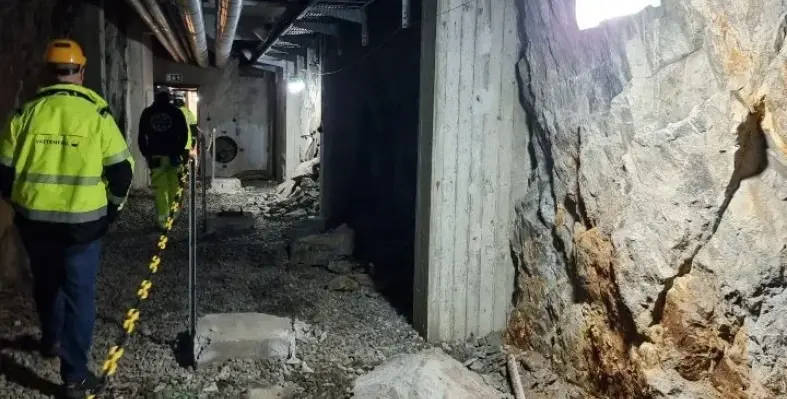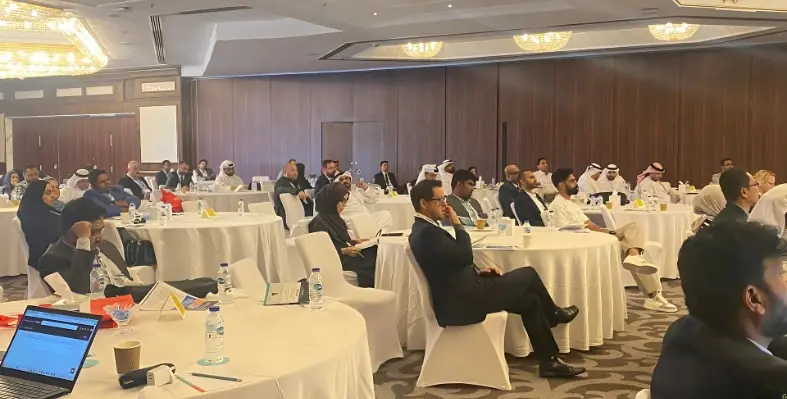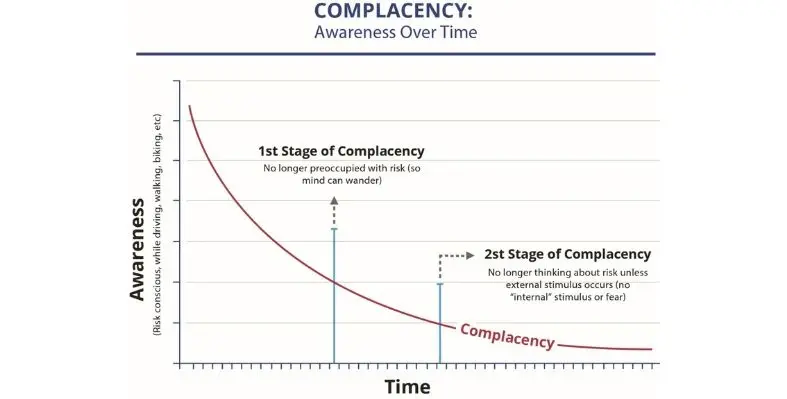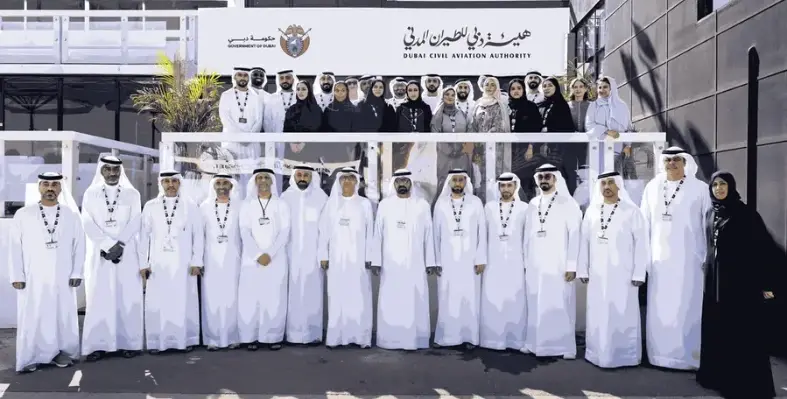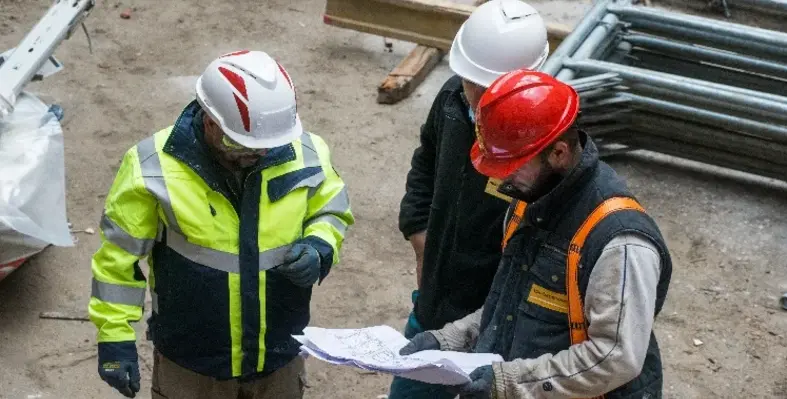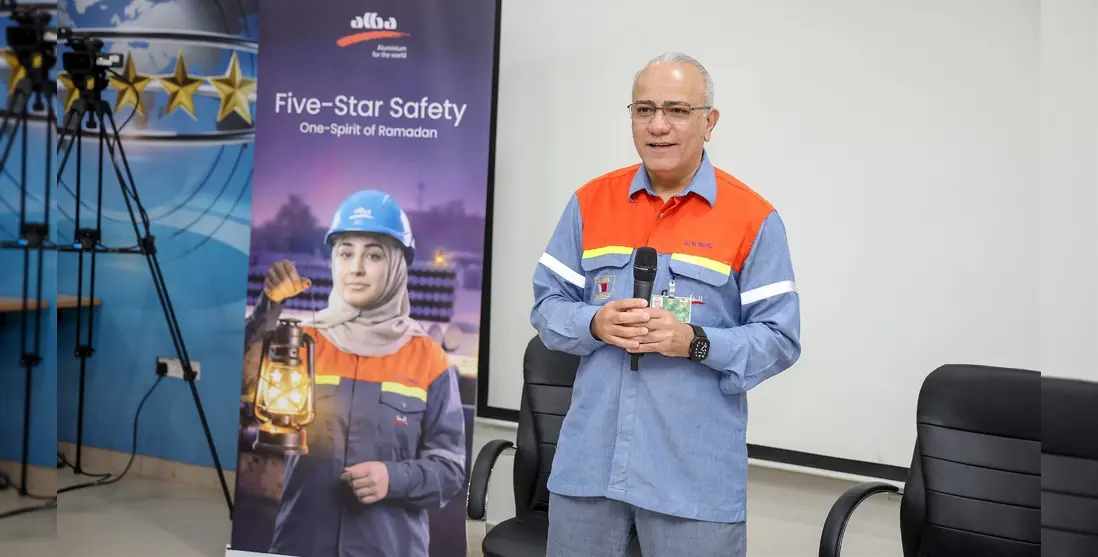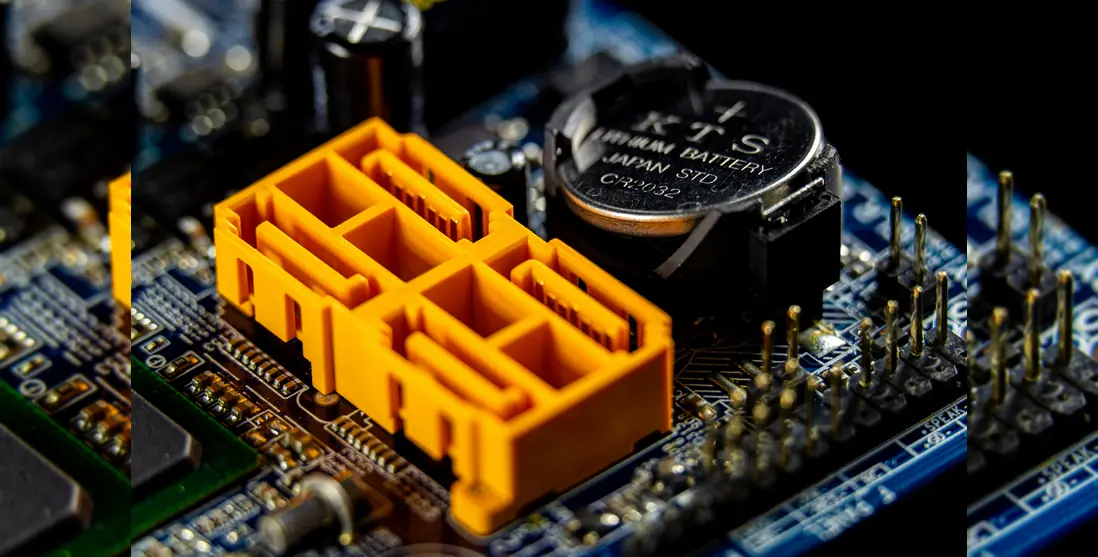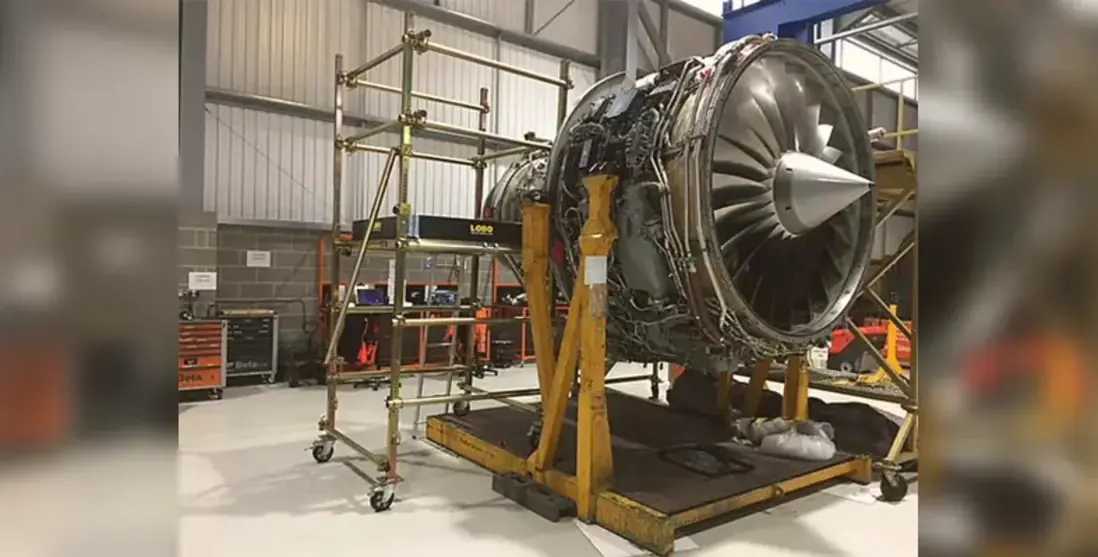Siemens and TÜV SÜD have partnered to address the growing risk of cyber attacks on critical infrastructure by collaborating to provide digital safety and security assessments, as well as industrial vulnerability assessments to help global energy customers identify asset risk and cybersecurity solutions
Under this partnership, TÜV SÜD will offer digital assessments that incorporate Siemens as a provider of cybersecurity vulnerability assessments throughout the entire cyber asset management lifecycle.
Digital assessments of industrial control systems in both the oil and gas and power generation sectors (excluding nuclear applications) will be vendor-agnostic, meaning they will not be limited to customers using products and technologies manufactured and supplied by Siemens.
John Tesoro, president and CEO of TÜV SÜD North America, said, “Leveraging TÜV SÜD’s expertise in safety and Siemens’s strength in digital security, redefines how energy companies will manage their growing physical and digital safety and security challenges.”
“TÜV SÜD has a long history of driving innovation and is now at the forefront of cybersecurity testing, inspection and certification. TÜV SÜD’s role is consistent with the need for developing mandatory, independent third-party certification for critical infrastructure and solutions,” he added.
Leo Simonovich, vice-president and global head for industrial cyber and digital security at Siemens, commented, “This is about reducing risk. Together, we will redefine an approach that will lead to a reduction in the growing risks in the digital world, reducing risk in the physical world as well. Combining safety and security to address the human element – and strengthen trust – will provide an unprecedented view into risk.”
In addition to this activity, both companies also drive the Charter of Trust. As members of this cybersecurity initiative, both Siemens and TÜV SÜD are committed to ensuring digital world security. With 16 members, the Charter of Trust calls for binding rules and standards to build trust in cybersecurity and further advance digitalisation. The charter outlines 10 cybersecurity action areas where both governments and businesses need to become active.







